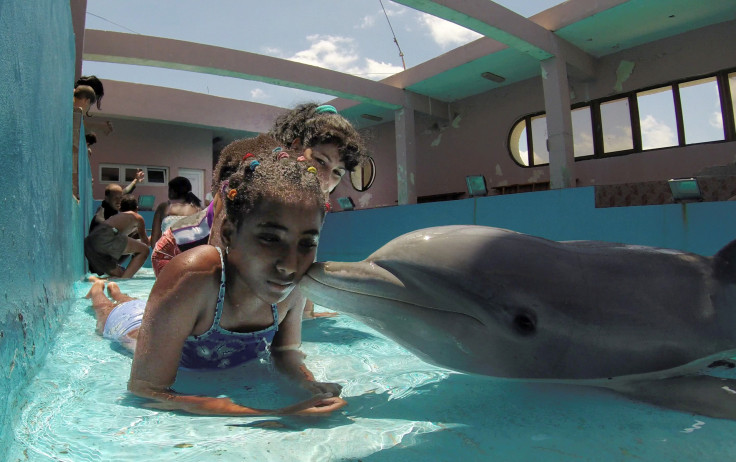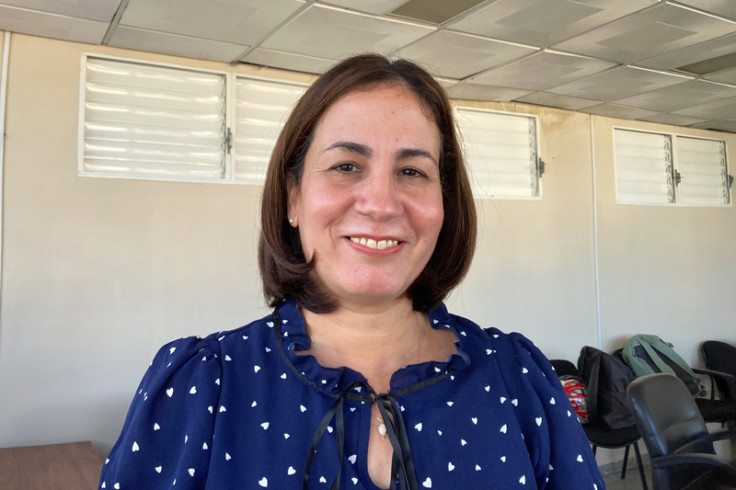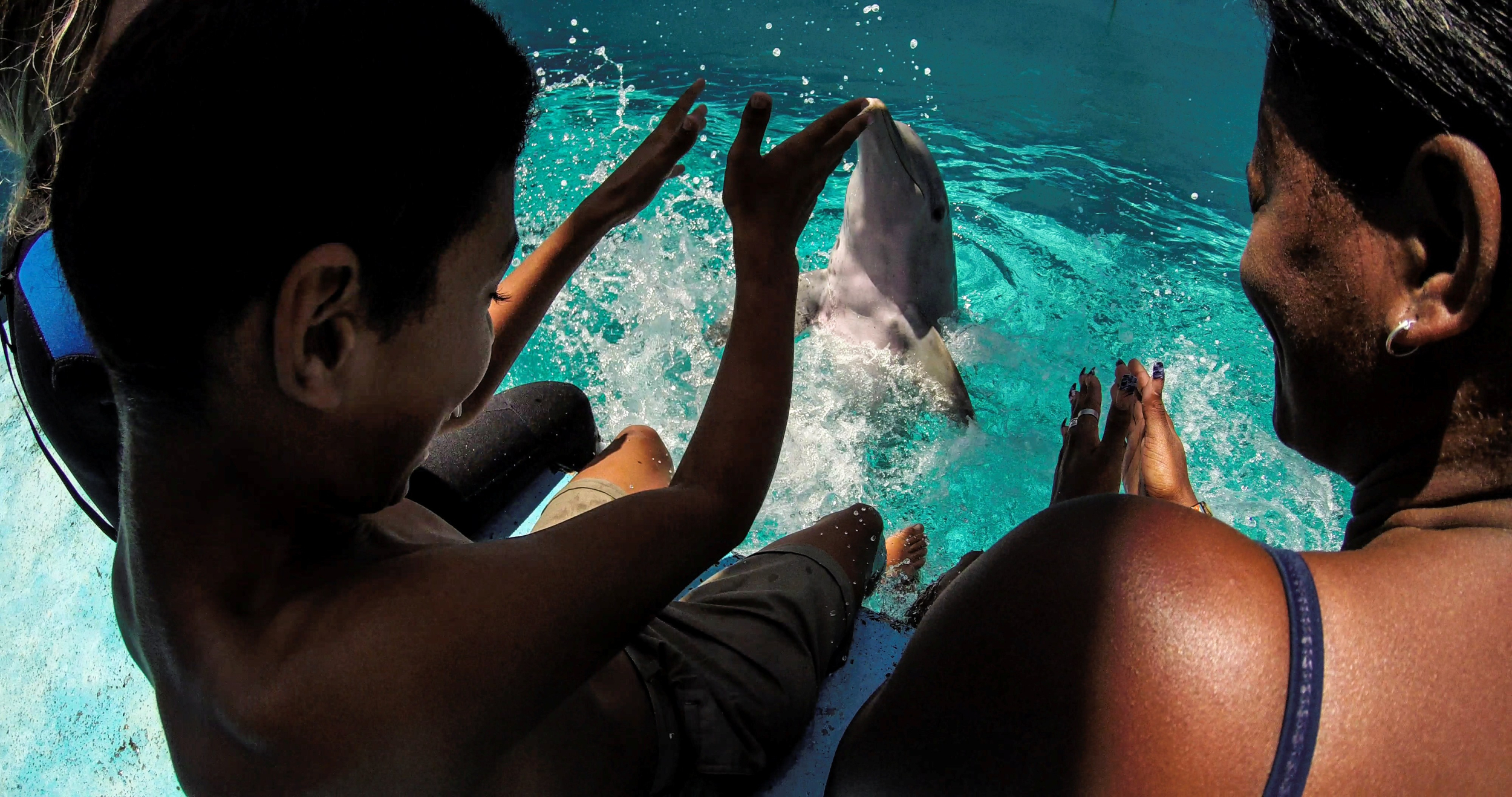
President Donald Trump caused a stir when he connected autism, acetaminophen (commonly known by the brand name Tylenol in the U.S.), and the island of Cuba during a White House announcement about his administration's alleged discovery of a link between the condition and the pain and fever relief medication.
Trump urged researchers and the public to look into the claim that Cuba has "virtually no autism" because "they don't have Tylenol" or because it is very expensive there. His remarks came as he announced plans for the FDA to review safety guidelines for acetaminophen use during pregnancy.
"Taking Tylenol is not good, alright? I'll say it. It's not good. For this reason, they are strongly recommending that women limit Tylenol use during pregnancy unless medically necessary," Trump said on September 22, 2025.
He added, "So with Tylenol, don't take it. And if you can't live and your fever is so bad, you have to take one because there's no alternative to that, sadly." He also stated, "I mean, there's a rumor, and I don't know if it's still t or not that Cuba, they don't have Tylenol because they don't have the money for Tylenol, and they have virtually no autism, okay?"
Trump: I hear Cuba doesn't have it because it's very expensive… they don't have tylenol and I hear they have essentially no autism. You'll have to check it out. pic.twitter.com/bipCWiYfag
— Acyn (@Acyn) September 22, 2025
These comments prompted pushback from experts in public health, pediatric neurology and Cuban medical professionals who say the scientific evidence does not support a direct link between acetaminophen during pregnancy and autism, nor does data support the claim that Cuba has near zero autism diagnoses.
What Experts Say and What Cuba's Data Show
Cuba has recognized autism spectrum disorder (ASD) as a medical and educational concern for many years. Dr. Yoysy Rondon Acosta, National Coordinator for Autism and Other Neurodevelopmental Disorders at Havana's Borrás Marfán Hospital, told Autism Spectrum News, "Cuba has autism too. Lots of it. Do we have similar prevalence rates as the U.S. or other countries with more resources? The guesswork says no. But none of this is proven." She emphasized that low reported rates are more likely due to limitations in diagnostic capacity, fewer screening programs, economic constraints, and less public awareness.

Cuban studies confirm that schools and hospitals provide diagnosis and therapy for autism. By 2020 nine specialized schools were operating with the aim of supporting children with ASD, and many other students receive inclusive education services. A 2022 study assessing autism knowledge among Cuban preschool and primary school teachers found average awareness but gaps in detecting subtler symptoms, especially those outside urban areas.
A dolphin therapy center for children with neurological and developmental issues has been recognized around the world.


Acetaminophen (Tylenol, Paracetamol) in Cuba
In Cuba, acetaminophen is widely known generically, sometimes referred to by its chemical name or as "paracetamol." The active ingredient in Tylenol is available in government pharmacies, though supply can be inconsistent.
Shortages arise periodically, and when that happens the cost becomes higher for ordinary people who must turn to private vendors or informal markets. The notion that acetaminophen is completely absent from Cuba is incorrect according to Cuban healthcare sources.
Scientific Evidence and Why Claims Are Misleading
Medical research into acetaminophen use during pregnancy yields mixed findings. A large Swedish sibling-controlled study published in 2024, involving millions of children, found no increased risk of autism or ADHD after accounting for familial and genetic factors. Other studies have observed associations with heavier or prolonged prenatal acetaminophen exposure, but scientists emphasize that association does not prove causation.
Dr. Karam Radwan of UChicago Medicine told People that while some observational studies report associations, "they do not establish causation, and potential underlying health issues could be driving both increased Tylenol use and increased autism risk." Medical institutions like the American College of Obstetricians and Gynecologists continue to recommend acetaminophen under medical supervision as the safer option for pain or fever in pregnancy.
"Suggestions that acetaminophen use in pregnancy causes autism are not only highly concerning to clinicians but also irresponsible when considering the harmful and confusing message they send to pregnant patients, including those who may need to rely on this beneficial medicine during pregnancy," said a statement from Steven J. Fleischman, MD, MBA, FACOG, president of the American College of Obstetricians and Gynecologists (ACOG), published an hour after Trump's declaration.
"Today's announcement by HHS is not backed by the full body of scientific evidence and dangerously simplifies the many and complex causes of neurologic challenges in children. It is highly unsettling that our federal health agencies are willing to make an announcement that will affect the health and well-being of millions of people without the backing of reliable data," he added.
The Trump administration says it will ask the FDA to review current guidelines on acetaminophen use in pregnancy and explore updating advisory labels. Researchers both in the U.S. and Cuba are calling for more rigorous, population-based studies to measure autism rates reliably, to assess prenatal drug exposures, and to understand access to medicines like paracetamol. Cuban health professionals are also urging improvements in awareness, training of teachers and doctors, and expansion of diagnostic services so that Cuba's data on autism reflects population reality.
© 2025 Latin Times. All rights reserved. Do not reproduce without permission.






